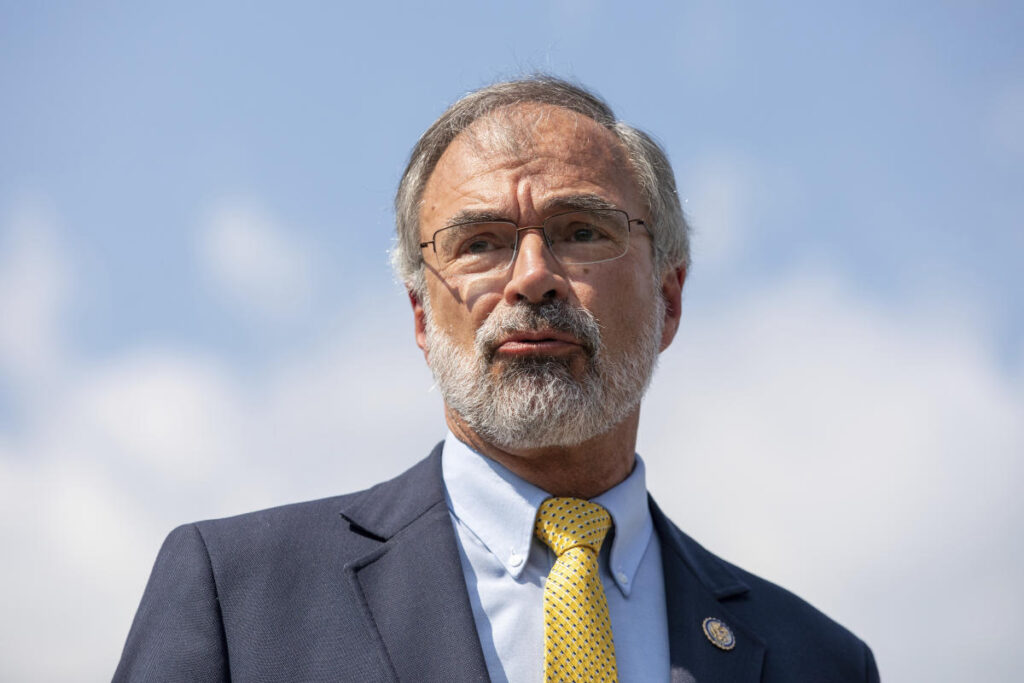On Friday, Rep. Andy Harris, the chairman of the House Freedom Caucus, clarified remarks made at a Republican dinner regarding the allocation of North Carolina’s presidential electors. The comments were reported by Politico, suggesting that Harris implied the legislature could assign electors to Donald Trump before ballots had been counted. In his comments, Harris engaged with a pro-Trump activist who had made a call for several states to potentially convene on Election Day to allocate electors directly to Trump. However, Harris later emphasized that his remarks were taken out of context.
During his speech, Harris mentioned the significant impact of Hurricane Helene in western North Carolina and how it could disenfranchise voters in the affected counties. He explained that the situation might warrant legislative action, voicing support for the idea of convening the state legislature to address potential voter disenfranchisement. According to him, there was a legitimate argument for North Carolina, as many voters may not have had the opportunity to cast their ballots due to the hurricane’s aftermath. His comments sparked controversy, leading to a deeper inquiry into the current laws governing the allocation of presidential electors in the state.
Despite Harris’s supportive rhetoric, North Carolina law does not allow the legislature to act in this manner without specific extenuating circumstances occurring after an election. The law restricts the General Assembly’s role in determining electors and is meant to uphold the will of the voters. Additionally, actions to override voter intent through alternate electors could clash with the Electoral Count Act, designed to prevent manipulation of the electoral process following the 2020 election debacle.
In response to the uproar triggered by his comments, Harris released a statement asserting that his earlier remarks were misrepresented. He reiterated his commitment to counting every legal vote and emphasized the ongoing improvements to voting access in western North Carolina. He pointed out that there has been a bipartisan effort to ensure that voting rights are protected in the areas impacted by the hurricane, indicating a collective agreement on the necessity of enhancing election access amid challenging circumstances.
Reflecting bipartisan cooperation, the North Carolina State Board of Elections has recently taken steps to facilitate absentee ballot pickup and provide local boards with greater flexibility related to elections. This collaboration was evident in the passage of new legislation by the Republican-controlled General Assembly, aimed at supporting voting access for the 25 counties affected by Hurricane Helene. Additionally, provisions were implemented for early voting sites in mountain counties, showcasing a commitment to ensuring voters have access to polling places, especially in areas with lower population densities.
Vice President Kamala Harris responded to the situation by emphasizing the importance of maintaining the integrity of democratic processes and protecting voting rights. She condemned any manipulation of electoral procedures for political gains, advocating instead for a focus on serving the American public. The broader implications of Harris’s remarks and the overall effort toward ensuring fair elections resonate with ongoing national conversations about voting rights and electoral integrity, serving as a reminder of the critical nature of preserving democratic principles in this contentious political climate.

